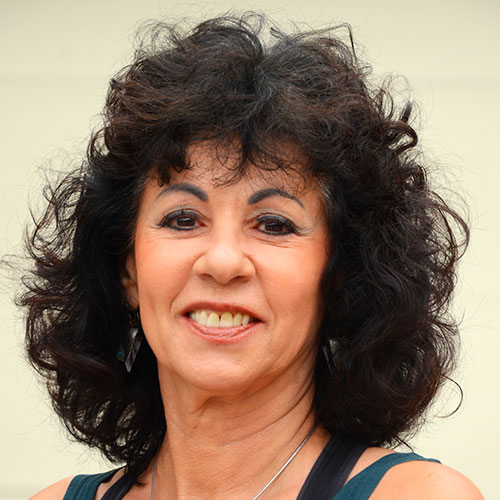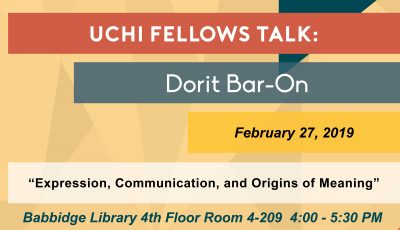The University of Connecticut Humanities Institute (UCHI) is co-sponsor of the first biennial conference on Expression, Language, and Music (ELM) at UConn. The Conference, which will take place on May 13–15, 2020, will be hosted by UConn’s Expression, Communication, and Origins of Meaning Research Group (ECOM), and will take place at The Lyceum in Hartford, Connecticut. Abstracts are due on December 9, 2010. Abstracts are welcome on a range of topic, including expression of emotions through speech, gesture, dance, and music, evolution of communication, meaning and structure in language and music, music cognition (including developmental and comparative perspectives), psychology/neuroscience of speech perception/production, philosophy of music, ‘Musical Protolanguage’. Abstracts should be accessible to an interdisciplinary audience that includes researchers who share interests with the conference themes. Preference will be given to abstracts that attempt to connect at least two of the three areas in the conference overarching themes (Expression, Language, Music).Please see below for more details.
Other sponsors of the ELM Conference include UConn’s Office of the Vice President for Research, College of Liberal Arts and Sciences, and the Connecticut Institute for the Brain and Cognitive Sciences. The Conference’s core program committee is chaired by Professor Dorit Bar-On who was a Class of 2018–19 faculty fellow at UCHI.




